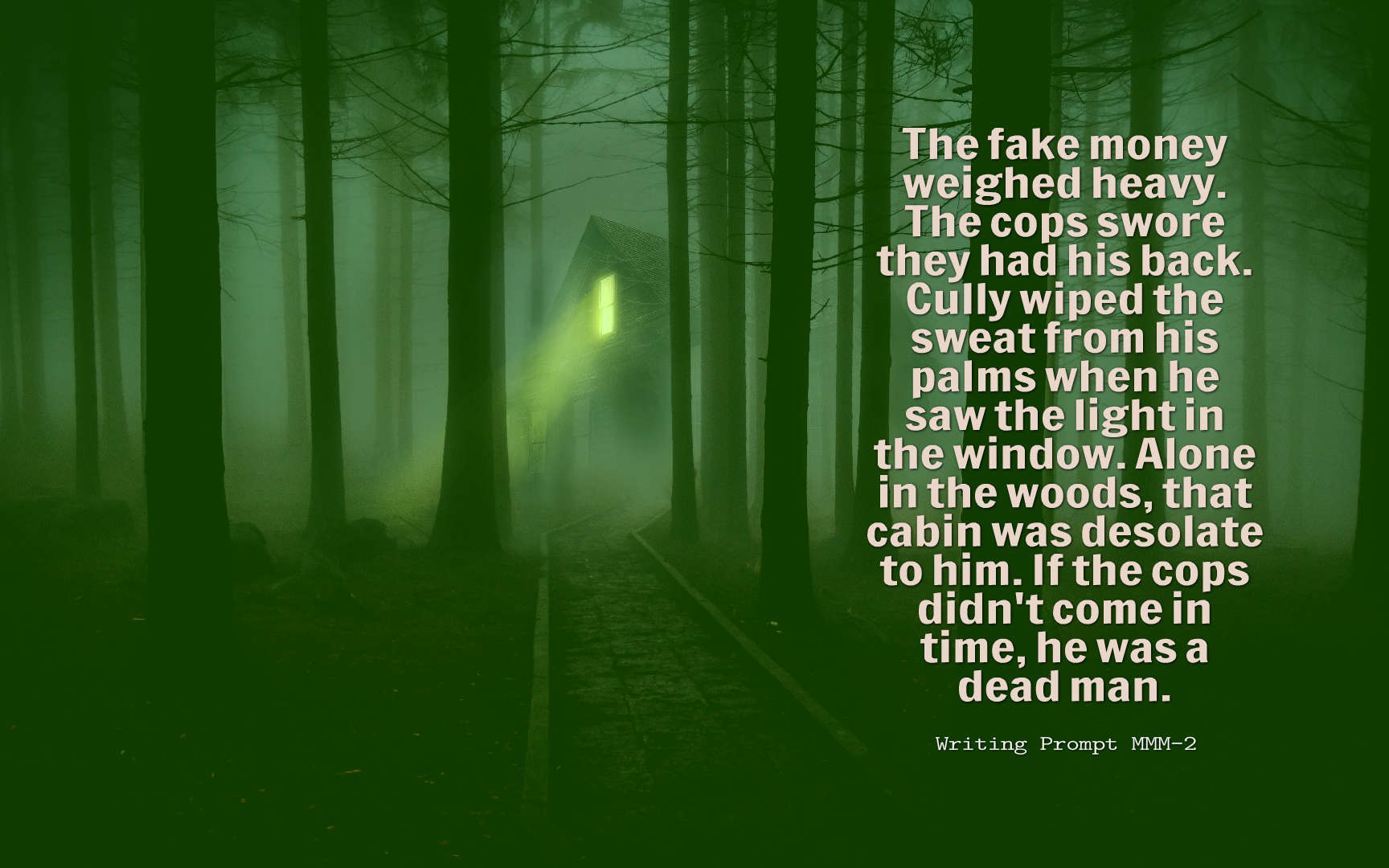The writer's life is a lonely one.
Especially as a self-published author, you are your own boss, responsible for your own deadlines and schedule.
When you've got a new idea for a book, it's easy to get fired up and spend hours on end writing your heart out. But I've often found that many authors experience a slump in the middle of writing a novel. When all that brand new excitement has drained out into thousands of black marks on a page.
When difficulty sets in.
When you really have to start figuring out plot devices and how to reconcile issues, or even realizing that the tense is wrong for what you're about to undertake.
Or maybe life rears its complicated hydra-heads and you cut back on your writer hours in favor of focusing on your family, your work, or anything else.
For whatever reason, if you've found motivation and passion for writing isn't at the level you'd like it to be, here are a few ways to keep your motivation revving, even when you're feeling overwhelmed.
How to Keep Motivation High While Working Alone
Work Out Your Passion Muscles
Stephen King famously said that waiting around for your muse to show up isn't the job a writer. The job a writer is to write. If you show up every day, on time, and get down to work, you're doing the writer's job. But let's be honest, not every day is going to be filled with the same level of motivation and excitement. The key here is to not fall into a slump where you've been so unmotivated for so long that writing begins to feel like a drag.
Fact: your mood is made up largely by your physiology.
Imagine this: you're sitting at your desk, slumped down in your chair, neck forming double, triple chins where there weren't any before. Your fingers smack the keyboard sloppily. How are you feeling about your writing? How can you possibly feel anything but unmotivated, tired, and bored?
Now imagine this: you're sitting at your desk, feet planted solidly on the floor, your back erect and your chin jutting out as if you're a Royal espousing a new decree. Your fingers hit each key with confidence and vigor. How are you feeling about your writing? Even if your head is saying, "this sucks, I suck" you won't be stuck there for long. You can't be.
Harvard social psychologist Amy Cuddy has revealed that the way you carry your posture actually affects the amount of hormones in your body. You're not simply tricking your body to be more motivated, alert, and powerful when you adopt a particular body posture, you're changing your physical and mental landscape.
So the next time you're feeling lackluster about writing, try changing your posture to one that's brimming with power, energy, and excitement.
Practice this daily. As often as you can. Someone once said if you think you can go around your day feeling 80% unmotivated and disinterested, it's ridiculous to expect you can turn on passion and drive for the 20% when you really need it.
Bring passion and excitement into everything you do and it will spill naturally over to those more difficult tasks, like writing.
Enlist a Buddy
If you're finding writing alone is a lonely pursuit, and you'd rather not be stuck at home alone or in a noisy café anonymously plugging away at the keyboard, enlist a writing buddy or join a writers group. You may thinking of this as a non-option because working with a friend or in a group would mean you're too distracted, but if you establish a few ground rules at the beginning, like using the first 5-10 minutes to chat and catch up, and then 20-30 of uninterrupted writing time, you've successfully navigated that problem.
Writing buddies or groups can help you hold yourself accountable. You don't even need a physical buddy to do this. You can have a writer friend that you've met online hold you accountable by requiring you to send them x pages or chapters by a specific deadline.
Having someone else holding you accountable helps you not slack off, and can be a productive way to reinvigorate your motivation if you find it slipping.
Use Novelty
If your motivation is really flagging, change something! Your passion for writing has always been there, you know that. So when you're feeling unmotivated to write, just think: it's not me. Your environment can go a long way in affecting your motivation. Maybe you've been writing in your home office for the past few months and the routine environment is hacking away at your excitement.
To fix this, try switching things up, like working from a coffee shop, college library, or hotel lobby. I used to have a few specific places I could rotate through so that novelty stayed fresh and I wouldn't fall into boredom simply because I was too used to the locations I was writing from.
Novelty can work in other ways too. If you always write in the morning, try switching to writing at night. If you write on the computer, try switching to a notebook for a little while. These hacks can boost creativity and inspire you when you find yourself flagging.
Track Accomplishments
There's no better way to keep your motivation high than to acknowledge you're doing good work and making progress. After all, one you've written the book your ultimate goal is over. That moment of true completion is so brief, so your motivation better not be coming from the idea of having a book finished or you're doomed. 99% of your time is spent on writing, so your achievements are coming not by finishing the book, but by making progress.
Log your accomplishments at the end of each day and you'll be inspired to continue every day. After a while, those achievements are going to add up: 30 pages, 50 pages, 100 pages...so give yourself a boost of happiness by celebrating certain milestones you set for yourself.
Stay inspired. Stay writing.
Please share any other motivation tips you've used in the comments below!






















